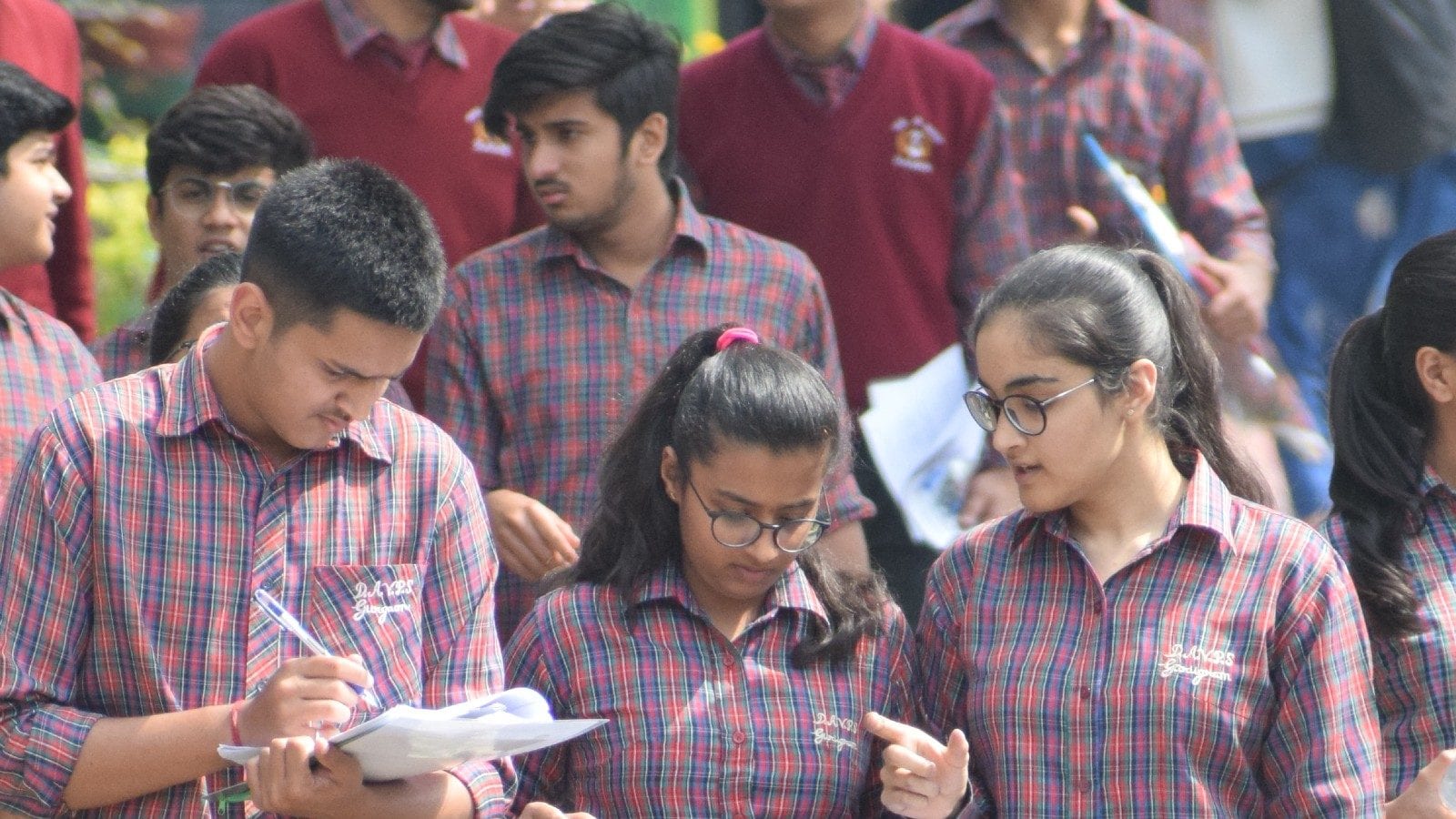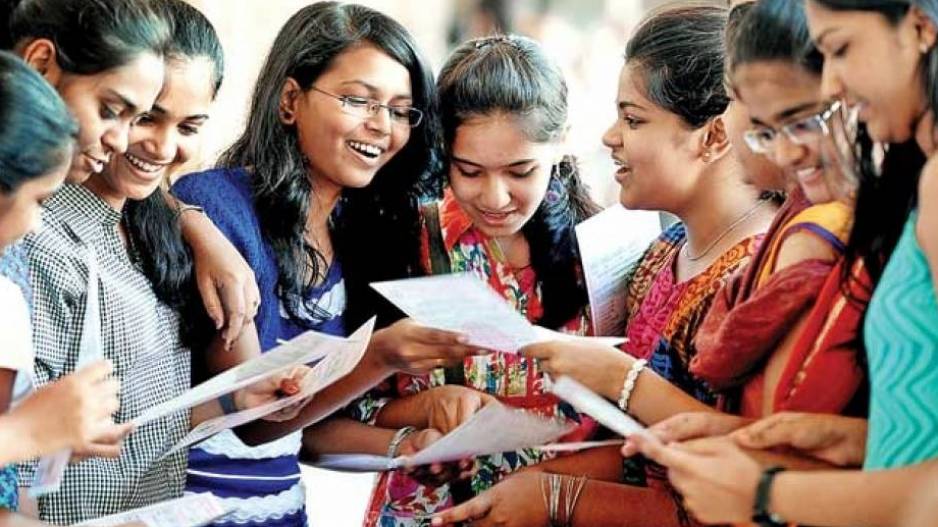The index measured the condition and analyzed the situation of young people in 181 countries from the year 2010-2018. The index mainly depended on factors like education, literacy, and employment rate amongst the youth.
Singapore topped the list, followed by Slovenia, Norway, Malta, and Denmark. The list has mostly African countries in the bottom half. Chad, the Central African Republic, South Sudan, Afghanistan, and Niger came last respectively. However, the triennial ranking of youth development found India in the top five on the index between 2010 and 2018, alongside Afghanistan, Ethiopia, and Russia, bettering her score by almost 15.8% in the field of education and employment.

About the Index:
According to the governing officials, the country is assessed on parameters like youth education, employment, health, equality and inclusion, peace and security, and political and civic participation and then ranks all the countries on an index score from 0.00, being the lowest, to 1.00, the highest. The index measure 27 different variables to inspect how the 1.8 billion youth population of the world, aged 15 to 29 is faring.

India, with an average score of 15.74% is one of the top five improving nations while Syria, Ukraine, Libya, Jordan, and Lebanon, on the other side, experienced the highest fall in youth development between 2010 and 2018. Since 2010, the index has shown an overall improvement in literacy and education amongst the youth, as well as participation in peace processes by youngsters.
The juvenile mortality rate around the world saw a dip of 1.6% and the health index of youth rose by 4.39% thanks to the improved medical infrastructure. The index also reported a 2% decrease in HIV, self-harm, alcohol addiction, and cigarette use. In terms of health-related progress, Sub-Saharan Africa has made the most progress.

The global education score showed a promising rise of 3% with South-East Asia leading the way with a massive 16% increase followed by Sub-Saharan Africa with a 10% increase. The death rates amongst the youth as a result of direct violence reduced by 3%.
The unemployment rate around the world and people who are not in school or training has remained more or less similar to what it was in 2010. Despite having more gender equality in education nowadays and a ban against child marriages in most countries, no progress has been made in terms of women’s protection.

Sweden was first in education, Luxembourg was first in inequality and inclusion, Indonesia was first in political and civic participation, and Singapore was first in employment, health, and peace and security.








